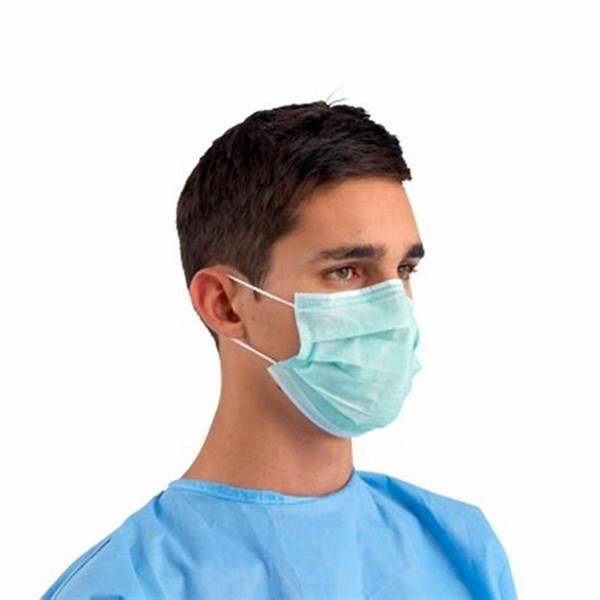Facemasks is example of personal protective equipment that are used to protect the wearer from liquid and airborne particles contaminating the face. They are one part of an infection-control strategy.
A facemask is a loose-fitting, disposable device that creates a physical barrier between the mouth and nose of the wearer and potential contaminants in the immediate environment. Facemasks are not to be shared and may be labeled as surgical, isolation, dental or medical procedure masks. They may come with or without a face shield.
Facemasks are made in different thicknesses and with different ability to protect you from contact with liquids. These properties may also affect how easily you can breathe through the facemask and how well the facemask protects you.
If worn properly, a facemask is meant to help block large-particle droplets, splashes, sprays or splatter that may contain germs (viruses and bacteria), keeping it from reaching your mouth and nose. Facemasks may also help reduce exposure of your saliva and respiratory secretions to others.
While a facemask may be effective in blocking splashes and large-particle droplets, a facemask, by design, does not filter or block very small particles in the air that may be transmitted by coughs, sneezes or certain medical procedures. Facemasks also do not provide complete protection from germs and other contaminants because of the loose fit between the surface of the facemask and your face.
Facemasks are not intended to be used more than once. If your mask is damaged or soiled, or if breathing through the mask becomes difficult, you should remove the facemask, discard it safely, and replace it with a new one. To safely discard your mask, place it in a plastic bag and put it in the trash. Wash your hands after handling the used mask.
